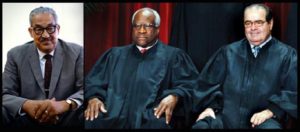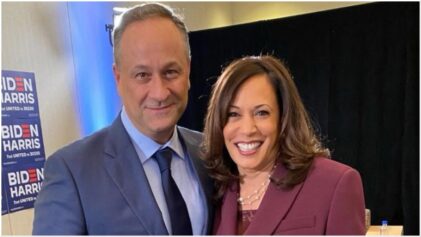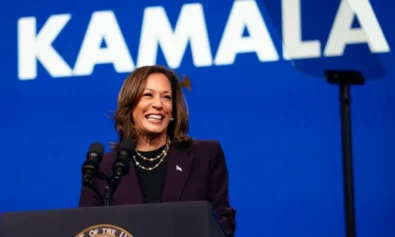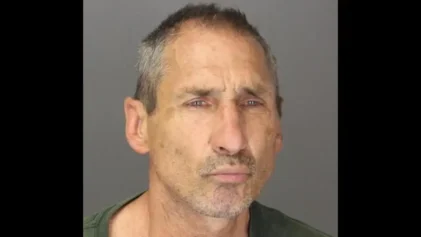With the death of Supreme Court Justice Antonin Scalia, President Obama has some decisions to make, as he considers who to nominate to replace the longest serving member of the current high court.
There is a case to be made for Obama to appoint another Black justice to the bench, but not just any Black face in this high place. Rather, it would make for powerful symbolism to replace a reactionary racist with a Black jurist who, in the mold of Thurgood Marshall, is committed to the interests of African-Americans. Such a move would also serve as a repudiation of the sole Black justice currently sitting on the Supreme Court, at a time when “Black is back” in America, and the President has nothing to lose and everything to gain in terms of building his legacy on race and civil rights.
There would be no more potent exercise in the use of government for social change than to replace the recently departed justice with an African-American judge who is a fierce advocate for Black people. Meanwhile, Scalia was a blatant and vocal cheerleader for white supremacy. He considered the Voting Rights Act a form of racial preference for Blacks and discrimination against white people. Further, at a recent oral argument for Fisher v. University of Texas affirmative action case, Scalia argued that Blacks should not attend a school such as the University of Texas where they would fail, but rather attend “a less-advanced school — a slower-track school where they do well.” Further, as one who seemed to promote the execution of the innocent, the man was no guardian of the rights of the people of color who were disproportionately ensnared in the criminal justice system. For those who found Scalia’s statements—if not his tenure on the bench—offensive, the nomination of a Black defender of civil rights would serve as sweet revenge.
As a civil rights trailblazer who made his bones tearing down barriers of inequality at the NAACP Legal Defense and Educational Fund before joining the court, the late Thurgood Marshall certainly serves as the template for the right kind of person to sit on the Supreme Court. And yet, the man who replaced Marshall—Clarence Thomas—became an insult to the legacy of the Black legal giant. Surely, Thomas’s presence on the court is a desecration of the memory of his own Gullah ancestors in Pin Point, Georgia. Throughout his career on the court, Justice Thomas has gone out of his way to decimate the hopes and dreams of Black America, and to spit in the face of the civil rights movement. It is one thing for Black folks in high places to go out of their way to prove to their white benefactors that they are fair and impartial, which, translated, means they will show no favoritism to others of their race. However, Clarence Thomas has taken the extra step to climb the ladder with the help of the African-American community, then make every effort to tear down that ladder for the rest of us. This is an issue of self-hatred, for a man who is in his position but for no other reason than his race–a cynical political move by President George Bush the elder.
So, a Black face in a high place is insufficient, as it merely reverts to window dressing when that person lacks any commitment to the advancement of Black people.
As for President Obama, the decision to nominate an African-American comes at a time when he is nearing the end of his presidency and is eager to cement his legacy. Unencumbered by a reelection campaign and hoping to leave his mark on civil rights, Obama is free to think as he pleases and is unconcerned about his Republican adversaries. In contrast to the criticism he received earlier on his presidency for not addressing Black issues, in recent months, the President has spoken up far more about the specific problems facing African-Americans. These include the criminal justice system reform and mass incarceration, with executive actions to accompany his rhetoric. Further, the times demand change. The #BlackLivesMatter movement has fostered an environment in which systemic racism and institutional discrimination are being challenged, and the people demand not only reform, but the revamping of a system that thrives on racial inequality and exploitation, and barriers to Black progress. How fitting it would be for the first Black president to select a judicial candidate whose life and career embodies those principles.
African-American candidates whose names have been mentioned to fill the vacancy include U.S. Attorney General Loretta Lynch, who is reportedly on the short list of candidates according to the New York Daily News, California Attorney General Kamala Harris and Senator Cory Booker (D-N.J.). In addition, a petition on Change.org is asking the President to nominate legal scholar Anita Hill, a professor at Brandeis University who had accused Thomas of sexual harassment during his 1991 Senate confirmation hearings.



